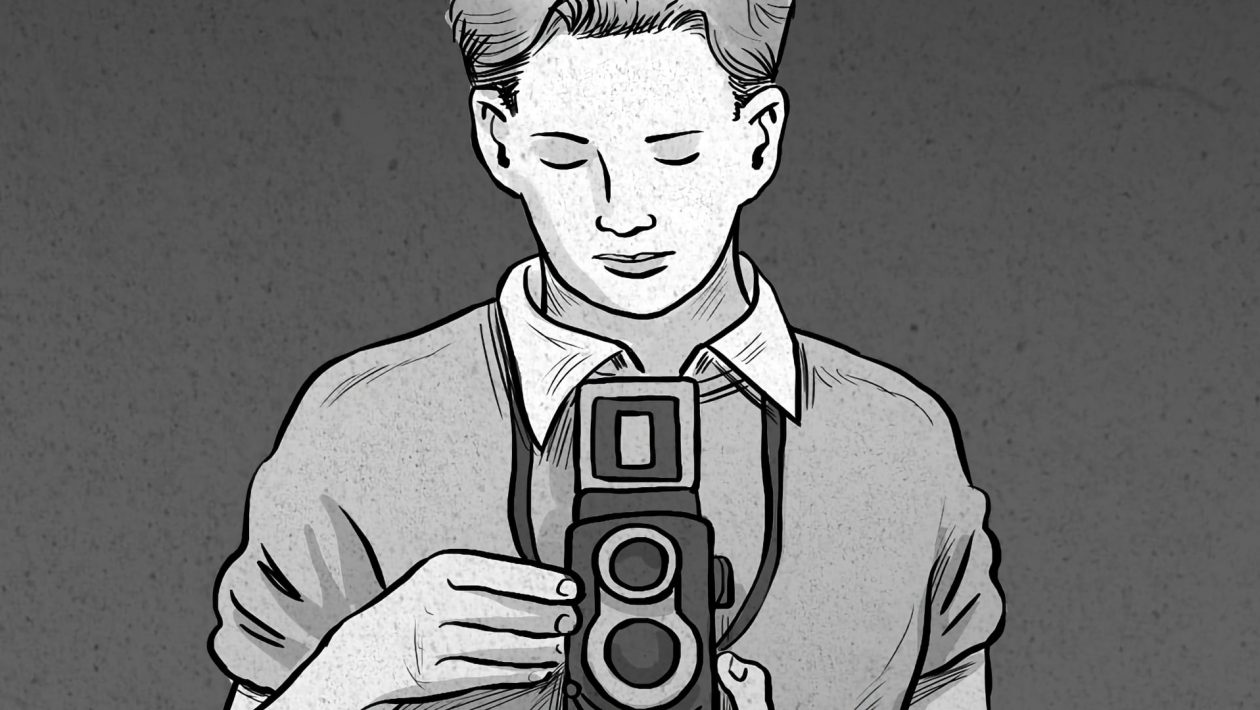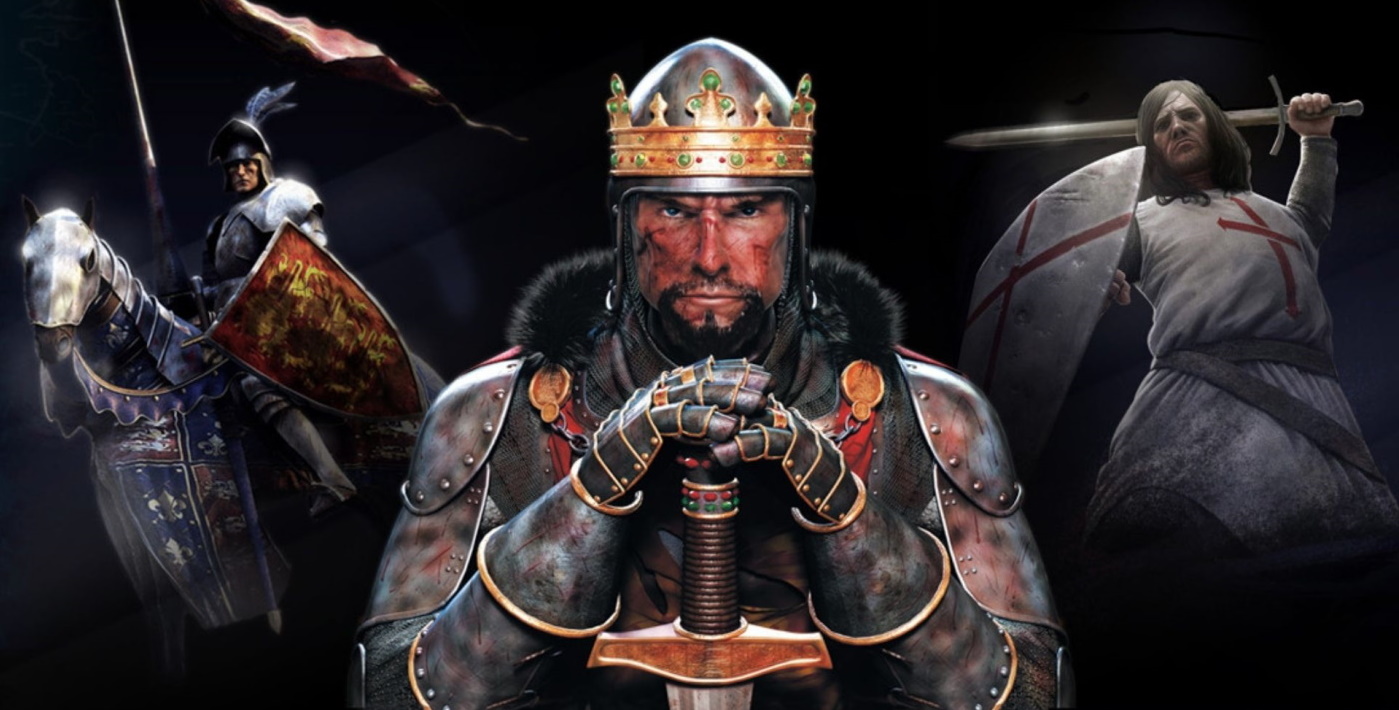Review of Freedom 1945: Liberation -apkrig
Developers from the Charles Games team follow up on the Protectorate Attentat 1942 with another historical adventure that is not afraid to immerse itself in the difficult and polarizing chapters of our own history. In the game Svoboda 1945: Liberation, we set out for the Czech-German border and, through interviews with witnesses and their vivid memories, we will witness an event mainly from the end of World War II until the communists came to power. Our primary task is to decide the fate of a local school with a complicated history, which still arouses great emotions in the village. But as it soon turns out, this job will have a much more personal level for us. In the village of Svoboda, we come across a photograph of our own grandfather, who intervened in the lives of local people decades ago.
From the point of view of the gameplay itself, Svoboda 1945 is not a complicated or revolutionary matter. It is a mixture of fictional interactive interviews with period shots, animated historical divides and simple minigames. The novelty, of course, thematically and in terms of processing follows Attentat 1942, but the experience of the developers is very well known in the spiritual continuation and the title has improved in many respects. Although not a very sophisticated adventure in terms of difficulty, Freedom 1945 is very catchy. The theme itself is appealing and original, but thanks to the cleverly composed narration, the memories of the individual actors will quickly get under your skin.
The authors approached the material completely without prejudices and it is necessary to play the game without prejudices as well. Whether it is the pain brought by the war or the one that came after it. The game does not judge or condemn.
The play owes this to the excellent and civilian acting performances as well as the naturally written script. Thanks to the quality cast, the local prominent characters in front of you come to life as if they were real people speaking in the documentary. And even though the story of the fictional village of Svoboda is only inspired by real destinies, the statements are as urgent as if they were real living witnesses. As you gradually interview the locals, depending on your dexterity and language skills, you get more and more clues about what actually happened here years ago. But beware, the view of the same events may be different. Whether the memories faded with time or the witnesses adjusted them a bit according to their beliefs.
And that is one of the greatest advantages of Svoboda 1945. The authors approached the material completely without prejudices and it is necessary to play the game without prejudices. Whether it is the pain brought by the war or the one that came after it. The game does not judge or condemn. It only depends on you who you believe in and how you interpret the pretended stories. This must have been the most difficult part of the whole project. Naturally, in addition to the fact that the game is as authentic and faithful as possible, thanks to which it has a similar informative value as traditional historical materials. The game is also complemented by a classic encyclopedia, the content of which grows as you progress through the game and the characters mention other key terms, places and events. However, even though Svoboda has a commendable educational dimension, it never slips into mentoring and dry interpretation, thanks to which important younger players fix it more than when reading a normal textbook. In this sense, it is also an excellent title for the whole family. And I really mean the whole thing. Not only for parents with children, but you can also involve grandparents, for whom it will probably be the best possible demonstration of what video games can do today in addition to technical processing.
When you’re not going through the conversations, you’ll be watching short animated comic stories that bring some of the witnesses’ memories to life. Even you do not lack drama and emotions. And finally, a few simple mini-games await you during the game. You will grease cards in a pub, take a photo, pack your luggage in the skin of a German family waiting to be evicted, or enjoy a small strategic nipple during which you try to farm on your growing farm, which is in danger of collectivization. Except for the last mentioned example, however, most of these pranks unfortunately seemed a bit banal to me. Those where it is more about eyewitness accounts and emotional statements of the diverse inhabitants of the village, rather than playability, are beneficial. Unfortunately, I also got stuck during a strategy mini-game once, but it was also the only technical problem I encountered all the time.
In addition to acting performances and stylized comic book graphics, music and sound in general deserve unequivocal praise. The local melodies do not get on your nerves even after prolonged playing, and the noise in the background always enhances the atmosphere of otherwise static places. In a pub, for example, you can hear others blabbering on with beer, and an accordion will sound from afar. However, short striking interviews are always the main one, and in this sense Svoboda is more of an interactive film than a classic adventure in the true sense of the word. Because most of the game focuses on dialogues. Here and there, the authors resort to a recurring loop, but otherwise the convincing illusion is basically not disturbed by anything. The question is whether the game should not be a bit more challenging in places, but then it might not play the role that the authors chose for it. Overall, however, I had a lot of fun with the repair, even as a more demanding player.
I was all the more sorry that you are watching the closing credits in two to a maximum of three hours. The freedom of 1945 is very short and it is a pity. The potential for replayability is not great here, given the essence of the title. Even if you probably don’t open all the scenes completely during the first play, you may miss something or you will miss it, you will go through the second round like a hot knife with butter. And because the story itself and its secrets are the most important in the title, I can’t imagine returning to the novelty in a few years. This in itself is not harmful, this is not a sandbox, but at the same time the end of the game came to me a bit hurried. Although you subconsciously suspect that the finals are approaching, it is hard to believe that the game is really at its peak. At one point, the last missing pieces of the whole puzzle fit together, you decide on the fate of the mentioned school and it’s over.
Although you will receive a little feedback on the consequences of your decision and what has happened to some people, I have a certain sense of emptiness, something unspoken. The stories of the locals will not be completely closed, no liter will come. I interpret this as saying that the authors do not want to evaluate anything and anyone again. So that the interpretation remains up to the players and the developers are as impartial as possible. And I have to confirm that they managed to balance really admirably on this thin line. After all, let’s not have any illusions. The events described are not an ancient dust-covered history, but still a living memory of many people. To this day, these chapters of our history arouse enormous emotions and divide society as well as the inhabitants of the village of Svoboda. I praise all the more that the vast majority of characters do not have a clearly positive or negative role in the story. Perhaps with minor exceptions. And that’s perhaps the most important thing in the whole story. Although the authors describe the memories in black and white graphics, history itself is not black and white.



